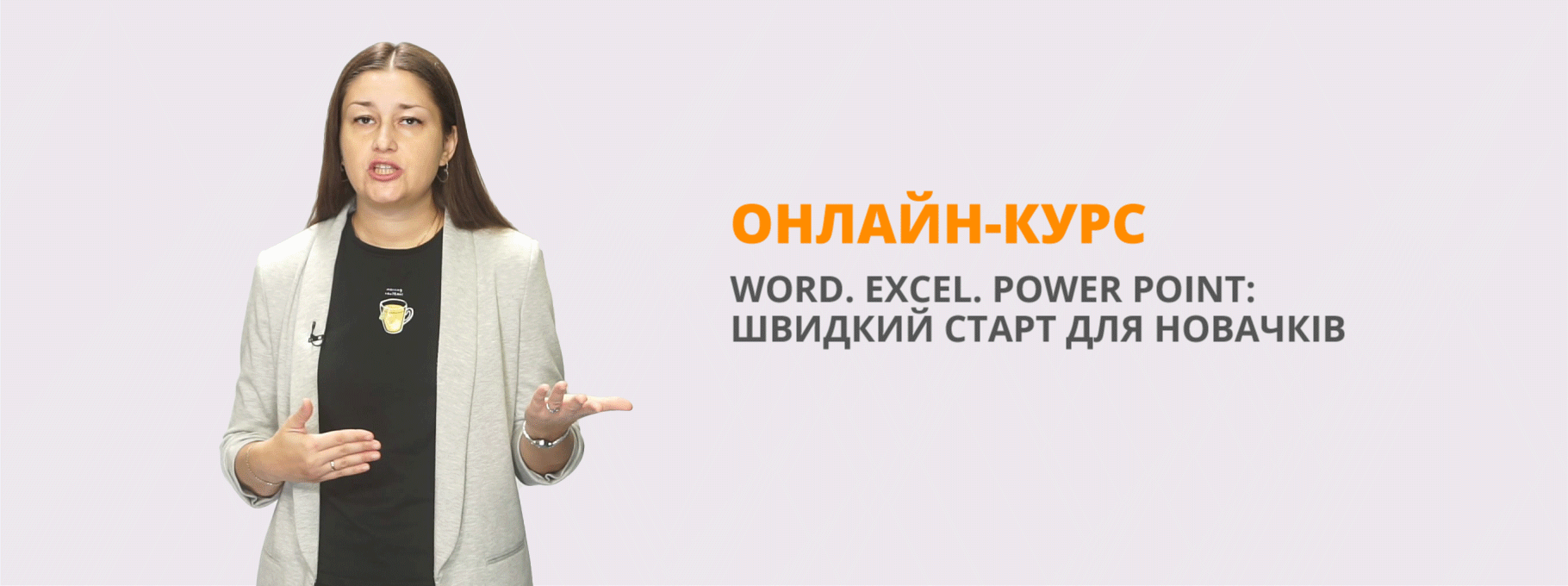Урок "Телевізійні програми. Роль телебачення в нашому житті."
Навчальна складова мети уроку: повторити й активізувати ЛО теми, ввести нові ЛО та МЗ, удосконалювати навички читання, навчати аргументовано висловлюватись та знаходити протиріччя в темах.
Розвивальна складова мети уроку: розвивати мовну здогадку та мовленнєву реакцію учнів, формувати навички аналітичного та критичного мислення.
Виховна складова мети уроку: прищеплювати усвідомлення важливості засобів масової інформації в житті суспільства, виховувати в учнів культуру спілкування, вчити критично відноситись до програм, які пропонуються телевізійними каналами.
Урок англійської мови (9 клас)
Тема: Телевізійні програми. Роль телебачення в нашому житті.
Англійська мова: підруч. для 9 кл. загальноосвіт. навч. закл. / О.Д. Карп’юк, - Тернопіль: Астон, 2016.
Навчальна складова мети уроку: повторити й активізувати ЛО теми, ввести нові ЛО та МЗ, удосконалювати навички читання, навчати аргументовано висловлюватись та знаходити протиріччя в темах.
Розвивальна складова мети уроку: розвивати мовну здогадку та мовленнєву реакцію учнів, формувати навички аналітичного та критичного мислення.
Виховна складова мети уроку: прищеплювати усвідомлення важливості засобів масової інформації в житті суспільства, виховувати в учнів культуру спілкування, вчити критично відноситись до програм, які пропонуються телевізійними каналами.
Тип уроку: комбінований
Технічне обладнання та програмне забезпечення: комп’ютер, мультимедійна дошка, проектор, презентація, індивідуальні картки, аудіозапис пісні “Throw Away Your Television”, відео “TV Programmes Vocabulary”
PROCEDURE
I. Introduction
Greeting and Aim.
T: Good morning, students! I’m glad to see you. You look wonderful today. Please, face and smile each other. Thank you. Now, I hope you feel comfortable.
Warming up. Listen to the song “Throw Away Your Television” by Red Hot Chilli Peppers and do the task. A number of words have been removed from the text and placed in a word bank. Use the words from the word bank to fill in the blanks in the text. Write the words in the blanks provided.
|
WORD BANK Now (2 times), television (5 times), story (3 times), waits |
Throw away your [1] ________
Time to make this clean decision
Master [2] ________ for its collision now
It's a repeat of a [3] _______ told
It's a repeat and it's getting old
Throw away your [4] ________
Make a break big intermission
Recreate your super vision [5] ____
It's a repeat of a [6] ________ told
It's a repeat and it's getting old
Renegades with fancy gauges
Slay the plague for it's contagious
Pull the plug and take the stages
Throw away your [7] ______ now
Throw away your [8] _______
Take the noose off your ambition
Reinvent your intuition now
It's a repeat of a [9] ______ told
It's a repeat and it's getting old
Throw away your [10] _______
Salivate to repetition
Levitate this ill condition [11] ______
It's a repeat
KEY (Handout 1)
T: What is this song about?
What idea does the author express?
Do you agree with this point of view?
Should we throw our television? What do you think?
T: So the aim of our lesson is to decide for ourselves weather television is good or bad and what role it plays in our life.
II. Main Part
Presenting Vocabulary
T: Watch the following video and repeat the words. Go through the video as often as you feel necessary to remember all the words for the TV programmes.
(Video - TV programmes vocabulary: learn vocabulary; (http://www.engames.eu/tv-programmes-learn-english-vocabulary)
T: Study the Mind – Map. Try to remember as many words as you can.
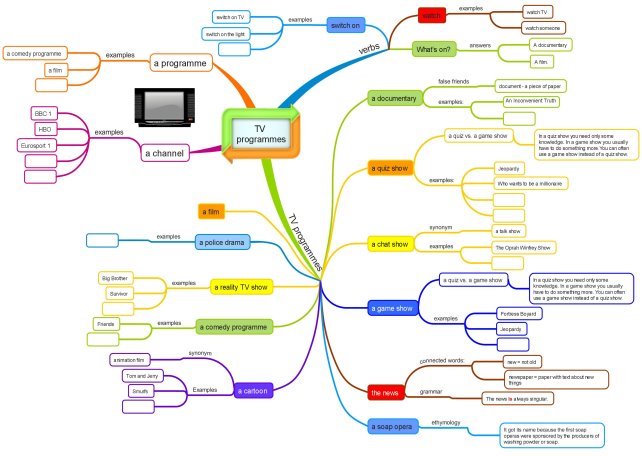
Vocabulary practice
T: Write down the types of television programmes using the words from the box.

![]()
![]()
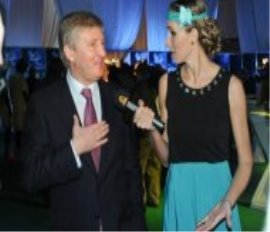
![[фото] ТСН](/uploads/files/124751/31855/31754_html/images/31855.005.jpg)


![]()
![]()
![]()
![]()
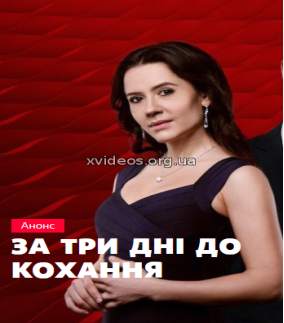
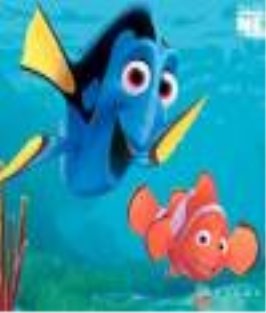
![]()
![]()


![]()
![]()

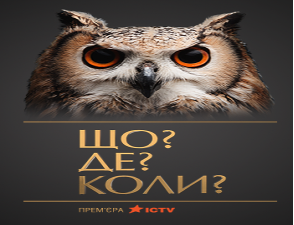
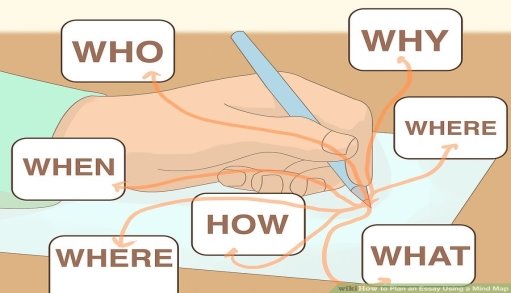 T: Now, let’s use the new words creatively. Write 8 -10 questions using the new words and interrogative pronouns
T: Now, let’s use the new words creatively. Write 8 -10 questions using the new words and interrogative pronouns
e.g. What sports programmes do you watch? Discuss the questions in pairs.
Check on Homework
T: Your homework was to prepare the presentation “My Own TV Show”. Now try to share your ideas with your classmates.
Reading
1) Pre-Reading Activity.
T: Let’s divide into two groups. You should read the text” TV or not TV” and the task for group № 1 is to copy out the arguments for TV, for group №2 is to copy out the arguments against TV.
2) While-Reading Activity.
Television is one of the greatest achievements of the 20th century. It is the most popular part of mass media. Television plays a big role in every civilized society. Today television gives people a possibility to be well informed and enjoy “civilized pleasures”. The programmes are various and people have a chance to select what they want to see. Television provides great opportunities for education. There are programmes devoted to specialized subjects. With the help of TV, it is possible to learn foreign languages, to know a lot of wonderful things concerning the world flora and fauna. TV teaches the ideal of democracy and political arguments. Watching television can be compared with reading books. It provides an outlet for creative talents.
The different channels show programmes of various kinds from documentaries, current events and sport to American films and science fiction cartoons. Now this medium of communication allows people to see and speak with other if they are separated by thousand kilometers. TV shocked, surprised and stimulated. It brought ballet, opera and theatre to big masses of people.
It is said that only three generations have grown up with television, but they managed to forget how to spend their free time without television. Its role is increasing not because it is an entertainer or informant, but because of the grip it has on many people. It is called a “living room monster” or “one-eyed monster”. TV can keep children quiet. If they are noisy their mothers turn on the set. Children watch commercials, horror films of violence. TV prevents children from creating their abilities. To force their children away from their favourite evening programmes to their homework has eventually become the main problem of the parents of different countries.
TV is damaging for health. It has bad effect on the eyes, particularly of children. The physicians proved that if children do not watch TV they find themselves without anything to talk about at school, where comedians and singing stars are major topics during breaks between classes. The same is true about some adults. Sometimes TV programmes become the topics of common interest of people and without them they have nothing to talk about…
Contemporary people for various reasons depend on television. They watch everything from news and sports reports to dramas, educational and entertainment programmes. Today some people become TV addicts and feel themselves unhappy if they fail to find another way of passing leisure time. Free time is regulated by television. TV occupies our free time. Instead of going to the theatre or reading books people watch TV. People rush home, gulp food to be in time to watch their favourite programmes. People have stopped reading books and depend on TV pictures. Spoken words become more important. No surprise that television is often called “chewing gum for men’s brains”. People become lazy, instead of doing sports they watch TV. If they are deprived for various reasons of watching their favourite programmes they feel inconvenience.
3) Post-Reading Activity.
T: Let’s check up what you have done. Add your own reasons for positive and negative sides of television.
Possible arguments
|
FOR |
AGAINST |
|
|
Listening.
Pre-Listening Activity
T: Many people like to rent DVDs or videos for entertainment. Others like to buy DVDs either at a store or online. Write down as many types of movies that you can. Discuss your preferences for each type of movie (e.g., love, like, don't like, can't stand, hate).
While-Listening Activity
T: First, listen to the conversation by pressing the "Play Audio" button and choose whether the woman likes or dislikes each type of movie. Press the "Final Score" button to check your quiz. ( http://www.esl-lab.com/like1/like1.htm#pre)
1. Action:![]() A. like
A. like![]() B. dislike
B. dislike
2. Comedies:![]() A. like
A. like![]() B. Dislike
B. Dislike
3. Horror:![]() A. like
A. like![]() B. Dislike
B. Dislike
4. Love:![]() A. like
A. like![]() B. Dislike
B. Dislike
5. Foreign:![]() A. like
A. like![]() B. Dislike
B. Dislike
Post-Listening Activity
T: How do your own movie preferences compare with the woman's likes and dislikes in the conversation? Think of words or phrases to describe these genres types of movies:
(action, anime, classics, comedy, drama, documentary, foreign, horror, musicals, romance, science fiction, thrillers)
Example: documentary - interesting and informative
Speaking.
“Pop-corn” Debate. T: Now split into two groups: affirmative and negative and debate on the topic “Watching TV is a Waste of Time”. Affirmative team is the first to start. The first player gives the argument and chooses the opponent saying “Pop-corn, (name)”. The chosen opponent from negative team must rebut the argument of the first player and give his argument. Then he calls the opponent from affirmative team and so on. More persuasive team wins. While speaking use suggested word expressions. (Handout 2)
Vocabulary Revision and Practice.
(Each student gets a card with the task).
|
Read the text below. For each of the empty spaces (1-12) choose the correct answer (A, B, C or D). Michael Moore is an award-winning American director, author and political commentator. He has spent over a decade1) ___________ controversial movie documentaries about the problems in American society. He was especially critical of the presidency of George W. Bush. He 2) ___________ also globalization and large corporations, gun ownership and American health care system. Moore is the director and the producer of the top five money-making documentaries of all time. “Fahrenheit 9/11” 3) __________ the political climate after the 2001 attacks; “Sicko” 4) _____________ the ills of American healthcare; and “Bowling for Columbine” explored America’s widespread gun culture and its relation to violence. He usually 5) ____________ a mixture of hard-hitting facts and humour in all of his works. Moore 6) ____________ famous in 1989 for his film “Roger and Me”. It closed its car factories there and opened new ones in Mexico. “Roger” is Roger B. Smith, former CEO of General Motors. The film established Moore as a teller of 8) ______________ truths about his nation and a serious investigative journalist and film-maker. 9) _____________ 2005 “Time” magazine named him one of the world’s 100 most influential people. His appetite for making movies and writing about society 10 _____________ as strong as ever. So by now he 11) ____________ a reputation as being 12) _____________ most fearless social critic. He will surely make more movies on the major issues of our time and at the same time he will fight for the small man. 1) A. make B. to make C. made D. making 2) A. criticize B. criticized C. has criticized D. have criticized 3) A. examine B. examined C. to examine D. examining 4) A. highlight B. highlighted C. highlights D. highlighting 5) A. uses B. use C. will use D. using 6) A. become B. became C. had become D. will become 7) A. is B. was C. were D. been 8) A. paint B. painting C. painful D. painfully 9) A. In B. At C. On D. For 10) A. seem B. seems C. seemed D. will seem 11) A. earn B. will earn C. will learn D. earning 12) Americans B. America’s C. Americas’ D. America |
III. Summing-up
Home assignment.
1) T: You homework is to write “For & Against” essay “Television – a Blessing or a Curse?” using tips for successful writing.
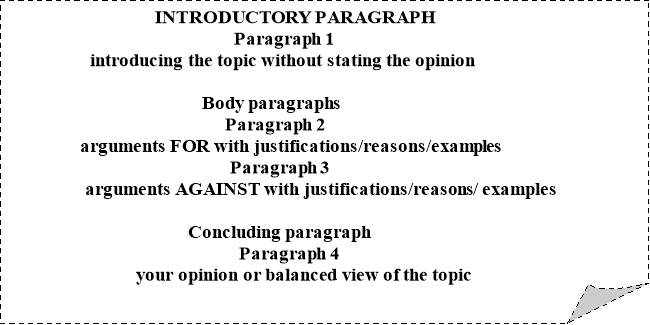 2) T: Find as many quotations about TV as you can.
2) T: Find as many quotations about TV as you can.
Summarizing. T: Are you satisfied with today’s lesson? What new information have you got in the lesson? What do you like most of all?
Розробила учитель англійської мови Гнатів Л.П.
HANDOUT 1
Throw away your [1] television
Time to make this clean decision
Master [2] waits for it's collision now
It's a repeat of a [3] story told
It's a repeat and it's getting old
Throw away your [4] television
Make a break big intermission
Recreate your super vision [5] now
It's a repeat of a [6] story told
It's a repeat and it's getting old
Renegades with fancy gauges
Slay the plague for it's contagious
Pull the plug and take the stages
Throw away your [7] television now
Throw away your [8] television
Take the noose off your ambition
Reinvent your intuition now
It's a repeat of a [9] story told
It's a repeat and it's getting old
Throw away your [10] television
Salivate to repetition
Levitate this ill condition [11] now
It's a repeat
HANDOUT 2
1. Giving opinions:
I personally think…
I personally believe…
I guess…
I suppose…
In my opinion…
Not everyone will agree with me, but…
To my mind, …
2. Polite disagreement:
You could be right, but I …
I’m not quite sure I agree…
I can see your point, but…
I’m afraid I’m not of the same opinion…
I see what you mean, but…
I’m sorry, but I can’t agree with you.
3. Expressing a different opinion
Yes, I agree, but on the other hand…
I know, but even so…
(Perhaps) You’re right, but what about…
Don’t forget that…
Do you really think that…?
I can agree with you, but only up to a point
But can’t you see…
To list and add points:
Firstly/ in the first place/ to start/ to begin with…;
Secondly/ in addition/ furthermore/ moreover/ besides…;
Thirdly/ finally/last;
Last, but not least;
To introduce examples/ reasons/ results:
For example / instance…
Such as…
Like…
In particular, …
Therefore…
For this reason, …
Conclusion – a balanced summary of the topic:
Useful phrases:
In conclusion…
To conclude/ sum up….
All in all, …
Finally, …
Last…
All things considered…
Taking everything into account/ consideration…


про публікацію авторської розробки
Додати розробку
